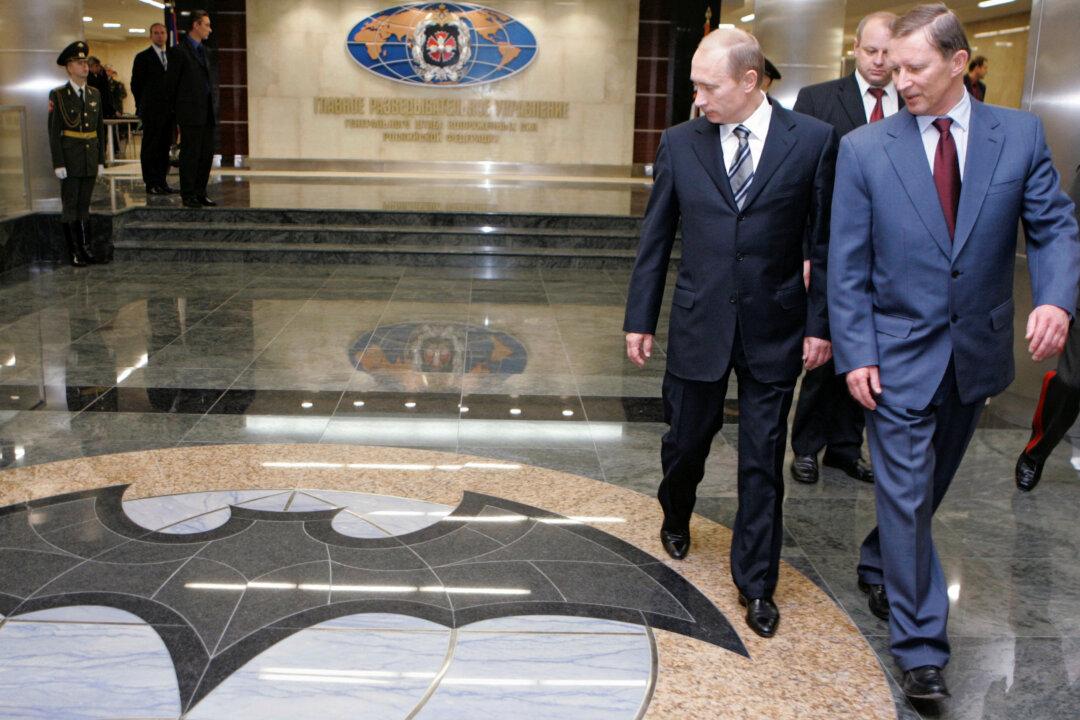LONDON—The British government has accused Russian military intelligence of being behind four cyber attacks aimed at spreading confusion and disinformation.
Russian military intelligence (GRU) used a network of hackers across the world to attack a wide range of targets, including the Organization for the Prohibition of Chemical Weapons (OPCW) in the Netherlands and the UK’s Foreign and Commonwealth Office, the UK’s National Cyber Security Centre (NCSC) said.




